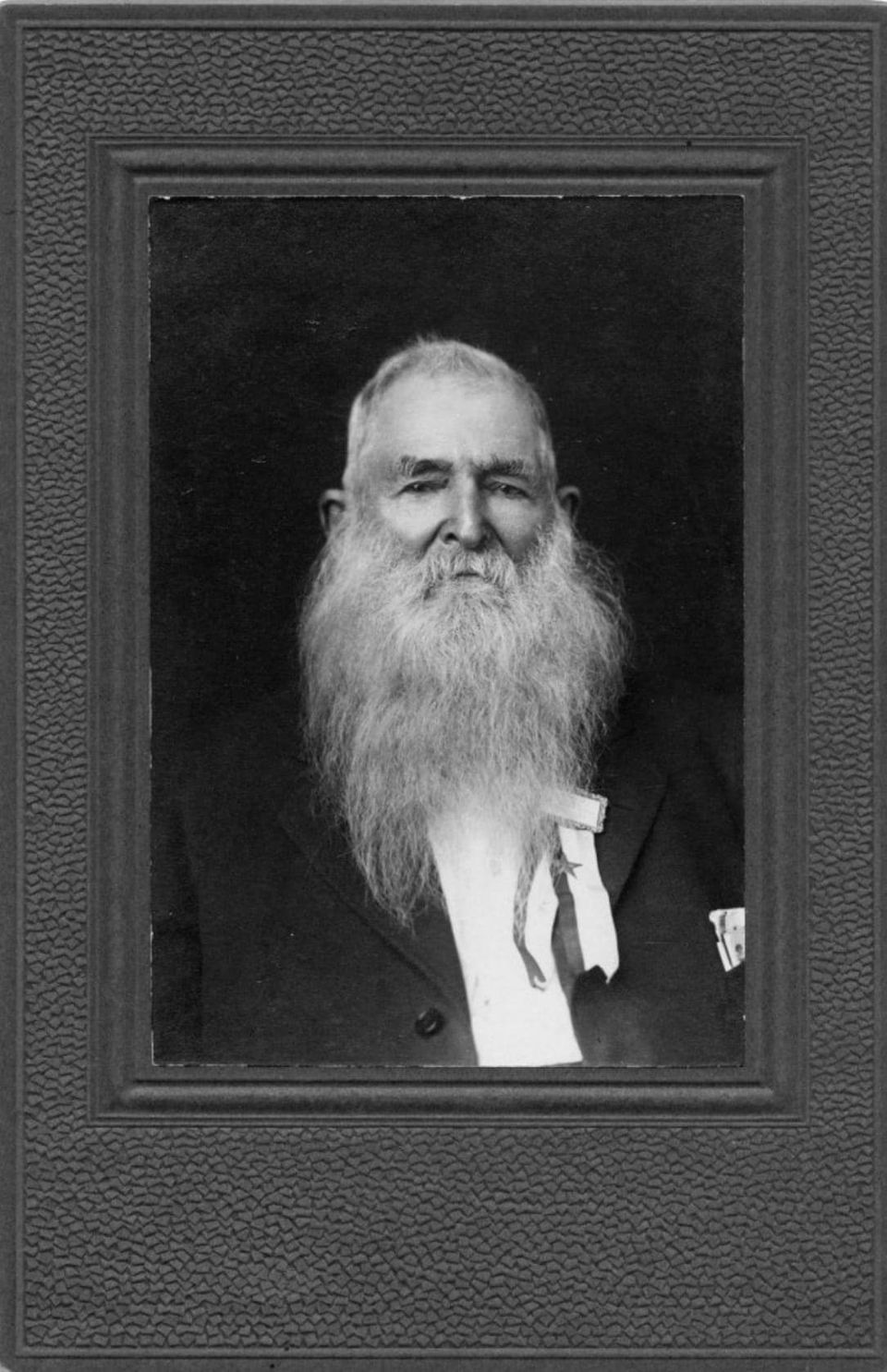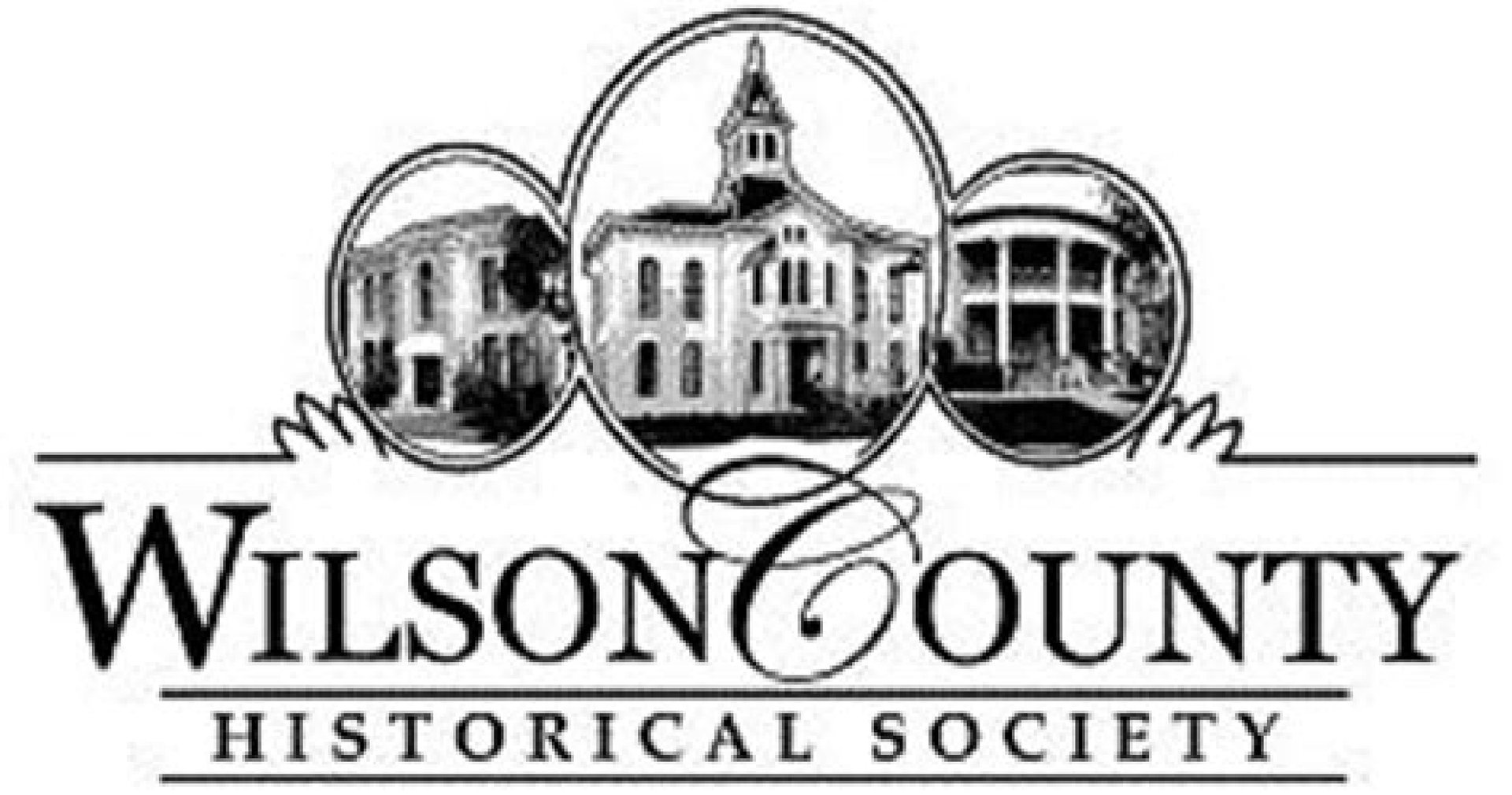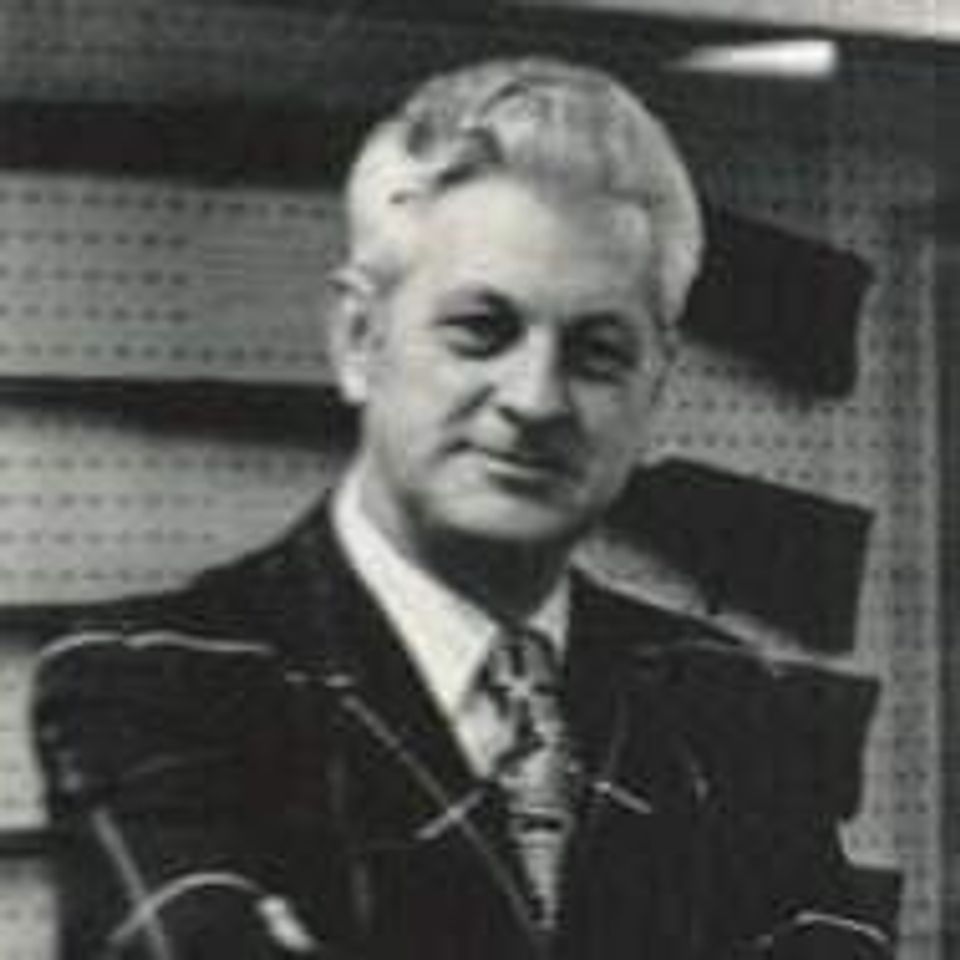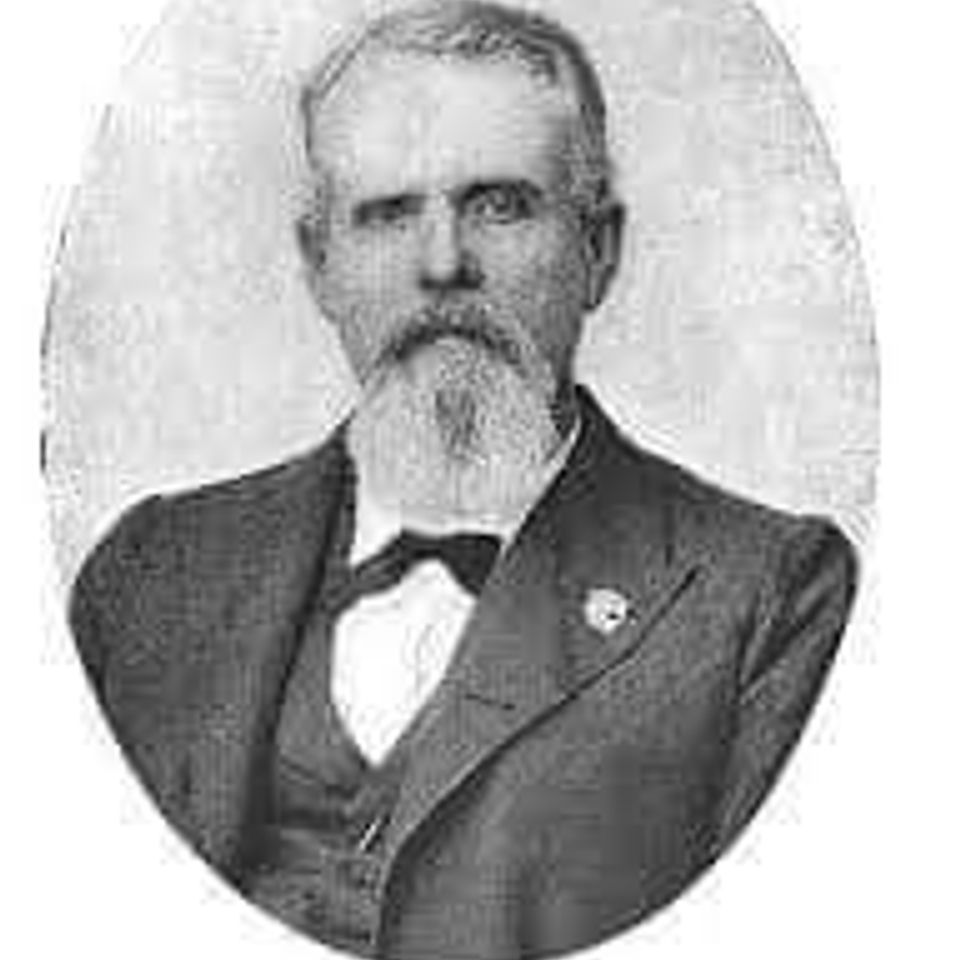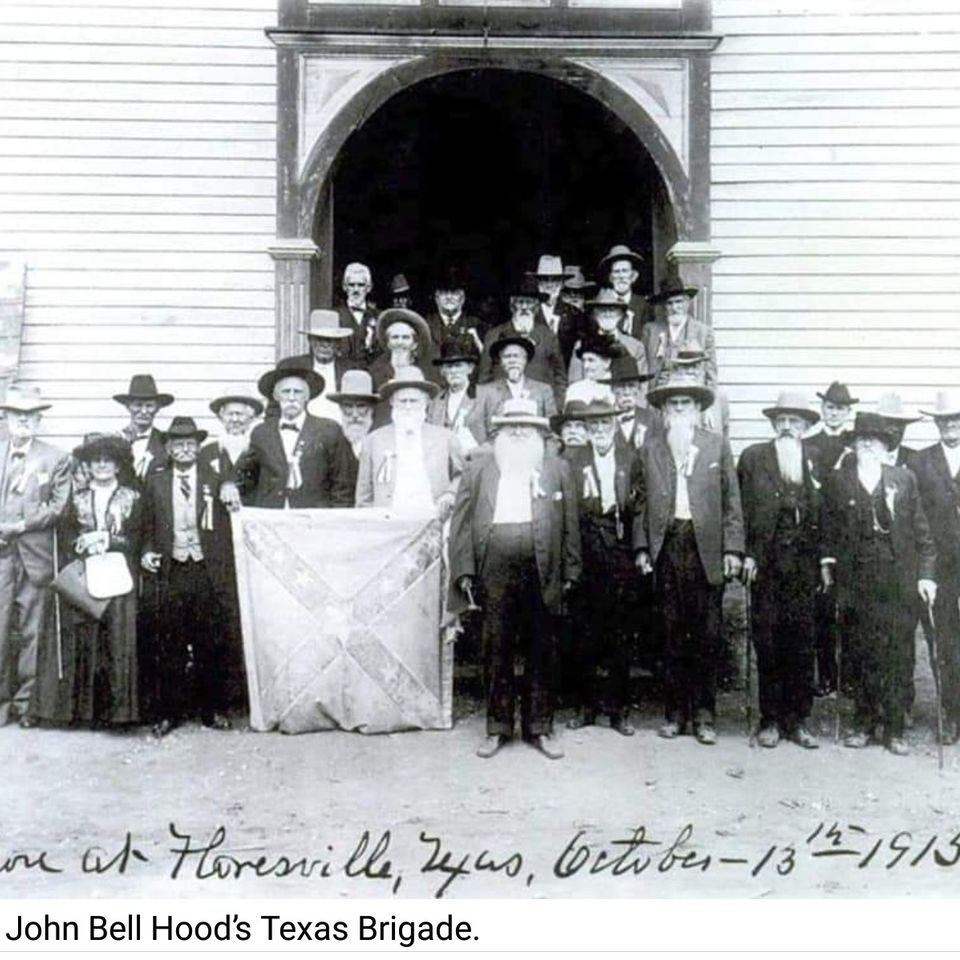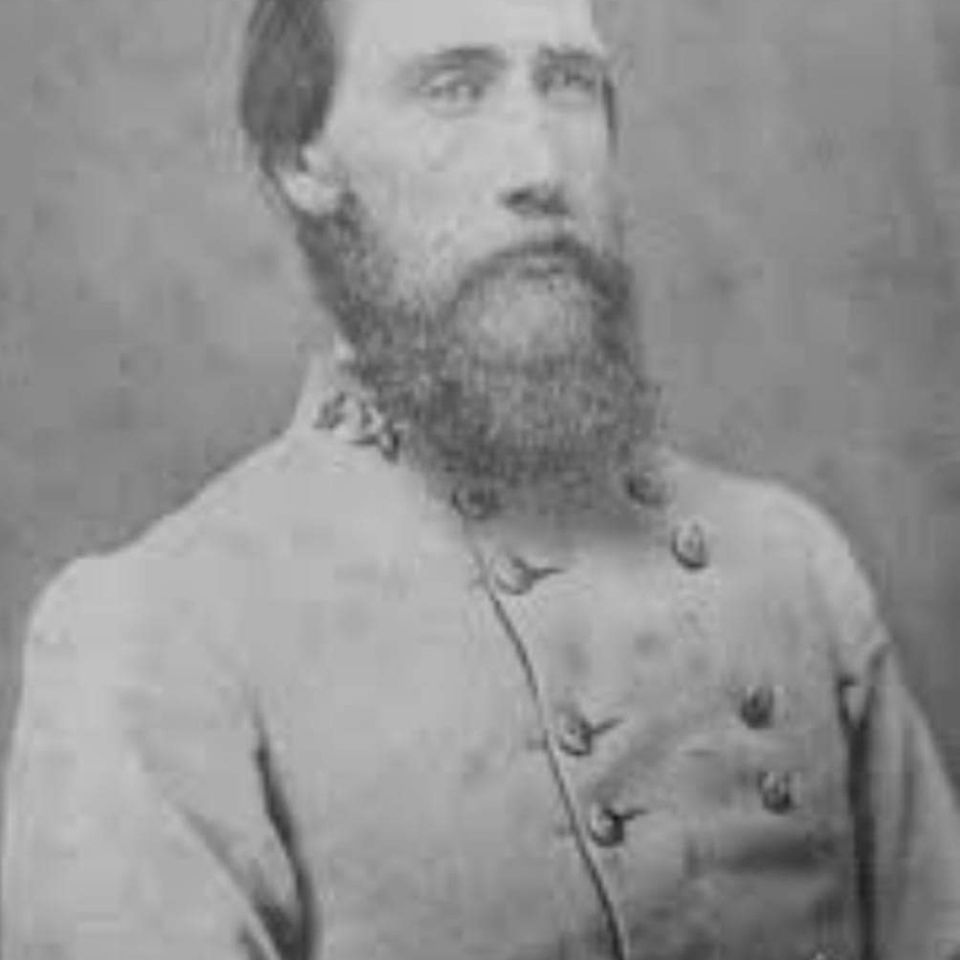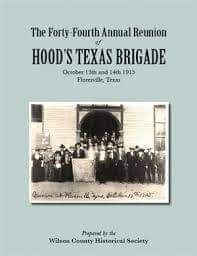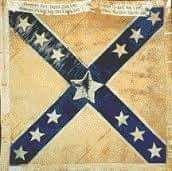HOOD's BRIGADE .... The history, spirit and accomplishments of Hood's Texas Brigade during the Civil War that today historians, authors, reenactors, students and admirers enjoy knowing and reading about to this day is largely due to two outstanding men who kept the history, spirit and memory alive of the famous brigade of Texas.
They were J.B. Polley and Harold B. Simpson.
Joseph B. (J.B.) Polley (1840-1918). Born in Brazoria County, Texas on October 27th, 1840, under the Lone Star during the time Texas was a republic. He entered the Confederate service from Guaudalupe County, Texas in June, 1861, as a private in Co. F., 4th Texas Infantry regiment which went direct to Richmond and participated in most of the battles that Hood's Texas Brigade fought in. In 1862 he was promoted to Quartermaster Sergeant and at Gaines Mill, Sergeant Polley received a wound in the forehead, He missed fighting at the battle of Gettysburg recuperating from wounds he received at Second Manassas (Bull Run).
In a reconnaissance at the battle of the Wilderness, he received a wound in the foot which caused its amputation; hence he was deprived of being at the surrender of Lee at Appomattox. On returning home he found employment as a farmer and stock raiser until 1876 when he took up the profession of law, in which he has made a success. However, before his loss of a foot, he participated in the famous campaigns of the Virginia army and the following battles: Gaines Mill, Second Manassas, Chickamauga, Bacon Mountain, Knoxville, the Wilderness, and numerous other smaller engagements. He was commissioned by Hood's Texas Brigade association to write the history of the brigade and thus ". Hood's Texas brigade, its marches, its battles, its achievements" was published in 1910 and became the definitive history of the brigade until 1970 when Colonel Harold B. Simpson wrote "Hood's Texas Brigade: Lee's Grenadier Guard". Sergeant Polley would also contribute a weekly article to the San Antonio Daily Express Newspaper about the soldiers of Hood's Brigade and other Texans that fought in the Civil War. Sergeant Polley at one time served as President of the Hood's Brigade Association and attended the yearly reunions until his death in 1918.
Colonel Harold B. Simpson (USAF Ret) (1917-1989 ) born in Hindsboro, Illinois, on April 3, 1917. He graduated from the University of Illinois (B.S., 1940; M.S., 1950) and Texas Christian University (PhD., 1969). During World War II he served in the Southwest Pacific for thirty-three months with the 374th Troop Carrier Group and was decorated with a Presidential Unit Citation (with two Oak Leaf Clusters), the Air Force Commendation Medal, and the Southwest Pacific Campaign Medal (with three Battle Stars). During World War II he served in the Southwest Pacific for thirty-three months with the 374th Troop Carrier Group and was decorated with a Presidential Unit Citation (with two Oak Leaf Clusters), the Air Force Commendation Medal, and the Southwest Pacific Campaign Medal (with three Battle Stars). All of his life Simpson had a strong interest in the Civil War with special interest in Confederate military leadership, especially John Bell Hood. By the early 1950s he was publishing short papers, and he began collecting volumes on Confederate history. After his discharge from the Air Force in 1963, he joined the history faculty at Hill Junior College (now Hill College), Hillsboro, Texas. He was still in uniform when he lectured his first classes, and the students called him "the Colonel," which became their name for him for the remainder of his career.His dissertation at Texas Christian University was The History of Hood's Texas Brigade, 1861–1865, after which he completed a four-volume history of Hood's Brigade. After its publication he became known as the authority on this unit. Subsequently he authored, edited, or contributed to twenty-six volumes, including Gaines' Mill to Appomattox (1963), Cry Comanche: Second U.S. Cavalry in Texas, 1855–1861 (1979), Brawling Brass: North and South (1960), and Audie Murphy, American Soldier (1975). In addition, he founded the Hill College Press in 1964 and was editor for the many books published during his life.
Simpson reactivated the Hood's Texas Brigade Association and was active in the Sons of Confederate Veterans and the Civil War Round Tables of Waco and Fort Worth. He was a fellow of the Texas State Historical Association and the Company of Military Historians, and he received numerous awards for his publications and his efforts on behalf of preserving Civil War history. In 1979 he began the Confederate History Symposium at Hill College, an event which drew capacity crowds annually. His personal library became the nucleus for the Texas Heritage Museum in 1963, and he began collecting material for what became the Texas Heritage Museum, both now part of the Harold B. Simpson History Center at Hill College. The Colonel continued to lecture his classes at Hill College after being diagnosed with terminal cancer, surviving by force of will until after final exams that semester. He died at Hill Regional Hospital on May 31, 1989.
************
COURTESY / Joe Owens. Civil War Author
